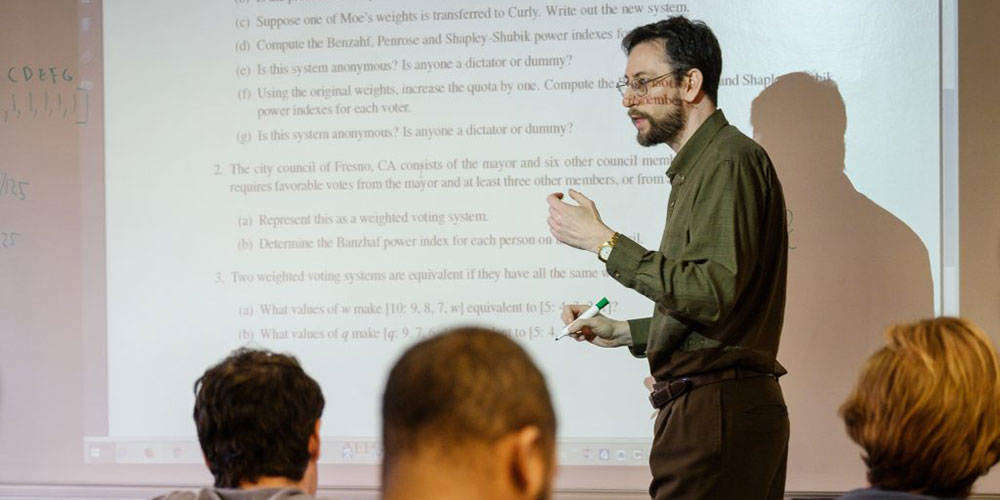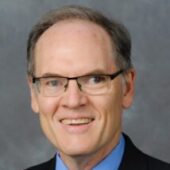
Welcome to the Economics Department
Economics is about understanding the behavior of people. In particular, economics seeks to address how the world can be understood based on the incentives that various economic agents face. In practice, the study of economics involves using both conceptual and empirical tools to examine how people make choices. This theoretical and data work is, in turn, crucial in informing policymakers how to make their decisions.
Our majors gain strong quantitative skills through their courses and end up working in a vast array of professions: consulting, healthcare, banking, finance, pharmaceuticals, and real estate, to name a few, while others find careers in non-profit and public sectors. We also send our students to graduate school in law, business, economics, or public policy to name a few.
Our majors also tend to have substantial earning power based on their economics degree. According to the Wall Street Journal’s “Degrees That Pay You Back” data, economics majors have the highest mid-career median salary of any non-engineering major.
So, please come visit us in the department and talk to our many faculty about your future major in economics!
NEWS
- Biden leans on young voters to flip North CarolinaTarak Duggal, a senior Economics Major at Wake Forest University quoted by CBS News about the upcoming election.
- Americans Throw Away Up to $68 Million in Coins a Year. Here Is Where It All Ends Up.Professor Robert Whaples is quoted in the Winston Salem Journal.
- Betters offer inside look at bookie linked to Shohei Ohtani: ‘The guy seemed to run a good shop’“People who have gambling problems typically chase their losses,” said Koleman Strumpf, a Wake Forest University economist who has studied illicit bookmaking. “If you’re a problem bettor, the hole you can dig with a bookie is much bigger.” Full Article
- Government program seeks to bring new jobs to former coal towns“In places like Texas or in the middle of the country where there’s a lot of solar and wind, fossil fuel communities are relatively well positioned to take advantage of renewables,” Economics professor Mark Curtis who is studying the clean energy transition as it relates to labor, told The New York Times. “Coal communities generally don’t have […]
EVENTS
There are no events at this time. Please check back later.
There are no events at this time. Please check back later.





